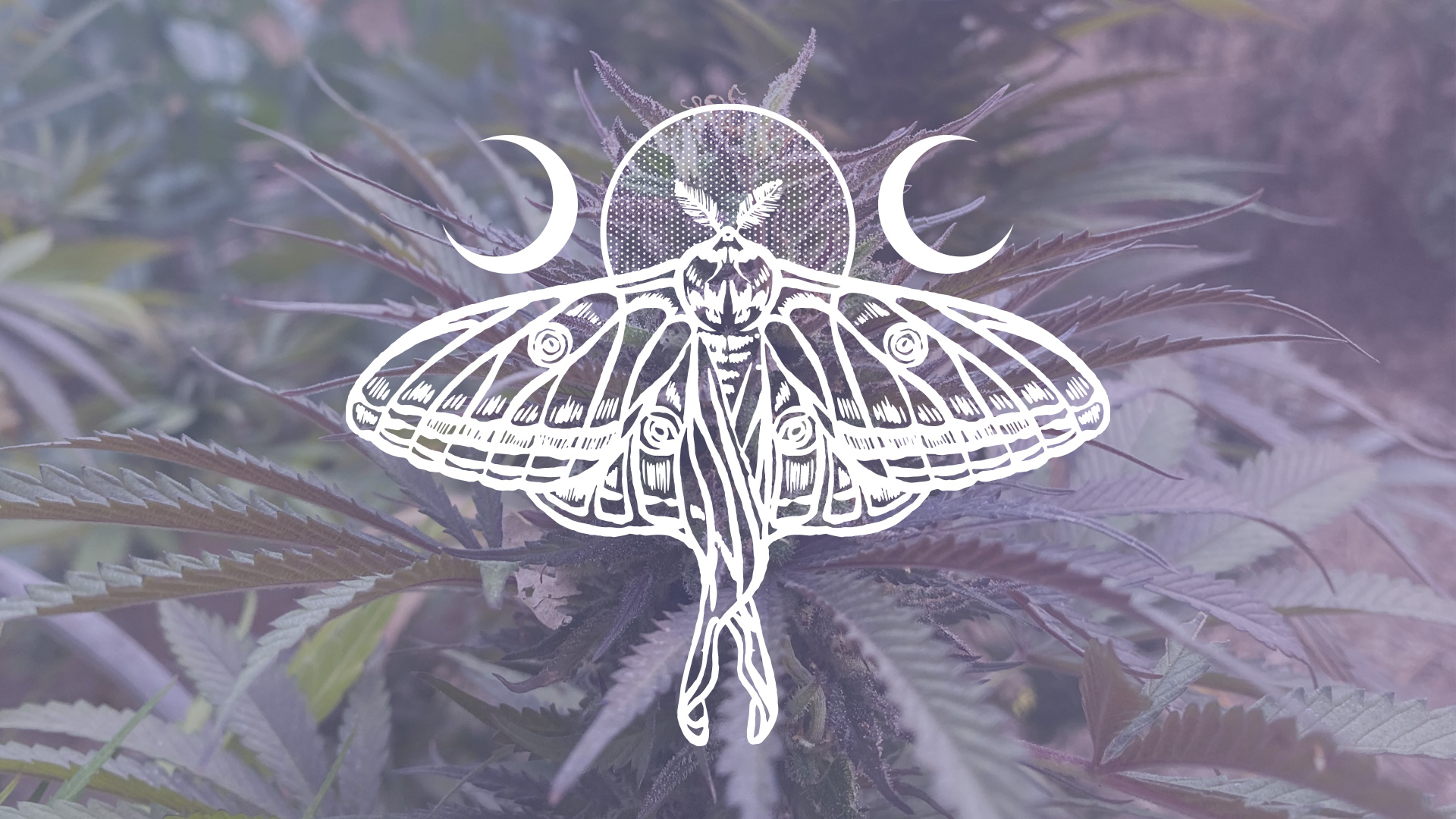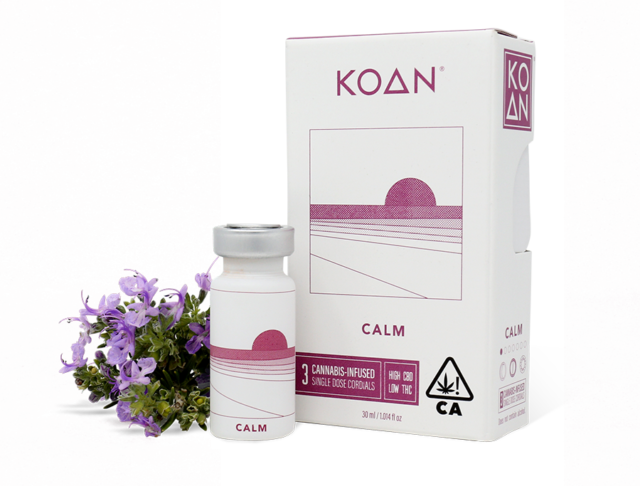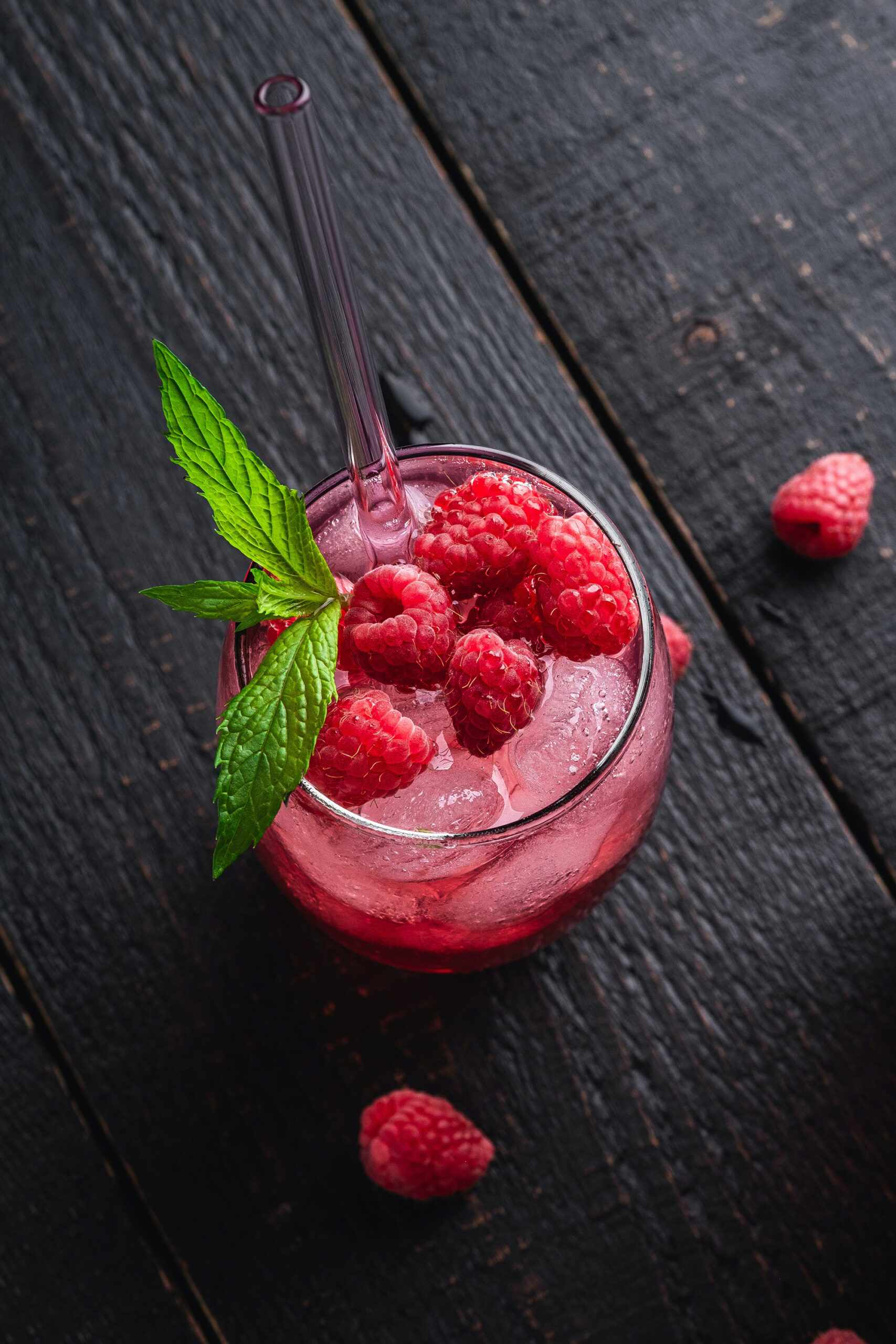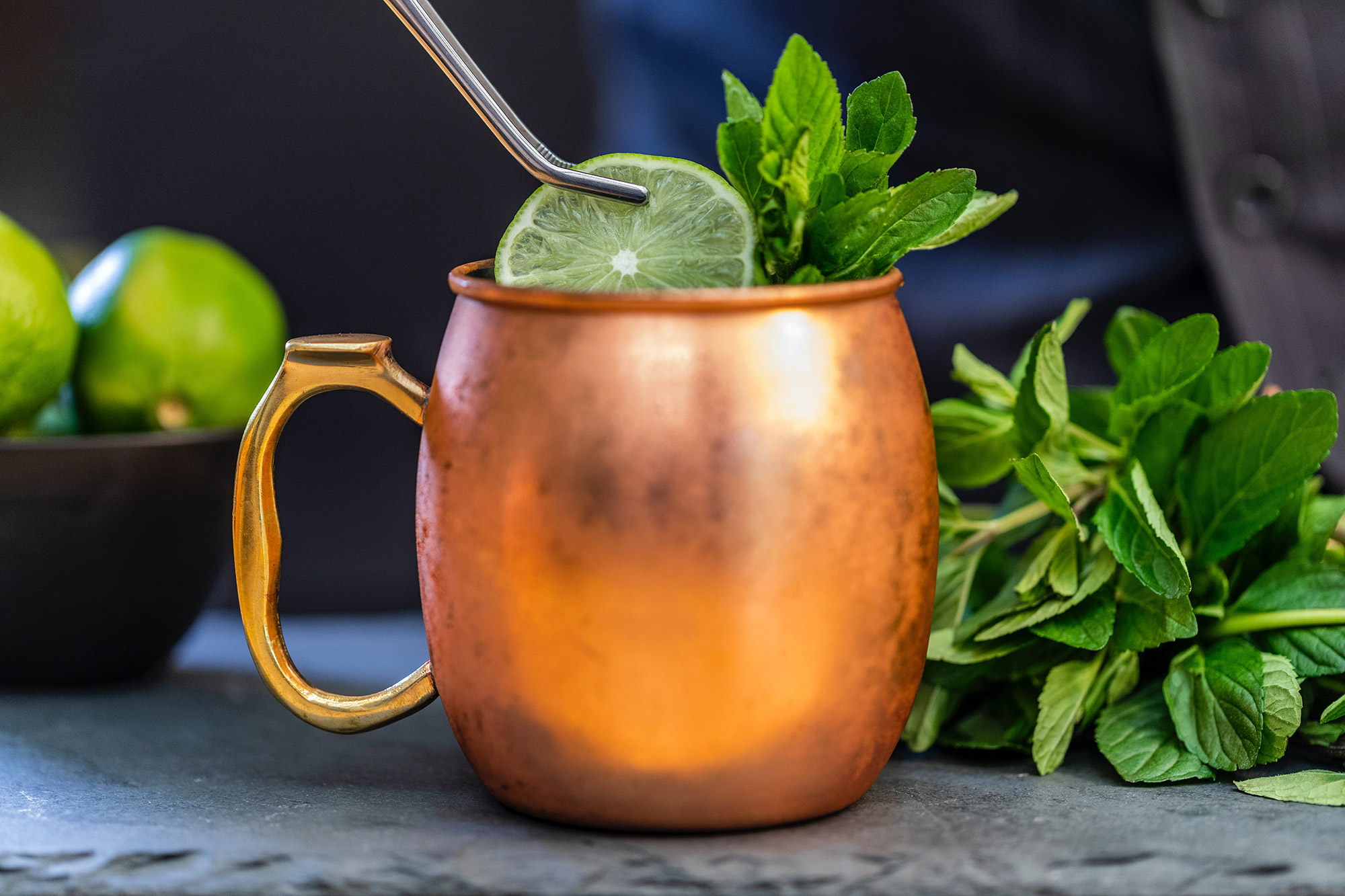Why Does Cannabis Make Me Sleepy? The Real Reasons Why

Table of contents
Cannabis Before Bed – A Deep Dive into Deep Sleep
Cannabis has been used for thousands of years for countless reasons. From recreational to medicinal purposes, this versatile plant is quite the toolbox of uses. For many of the up to 70 million US adults who suffer from a sleep disorder, cannabis use has become a nightly ritual to help get a good night’s rest. If you fall into this group of pre-sleep cannabis users or you’ve considered trying cannabis to improve your rest, you’ve probably wondered, “why does cannabis make me sleepy”?
As the country becomes less divided around cannabis use, more people than ever are now using it. In fact, a study published by The Sleep Foundation reported that nearly 70% of recreational cannabis users believe cannabis is a useful aid for sleep. Even more shocking, this study also reported that approximately 50% of cannabis users who have been consumers for more than ten years describe improving the quality of sleep as their reasoning behind cannabis use. When the same questions were posed to medical cannabis patients, nearly 85% said that cannabis improved their sleep quality. While many users find that cannabis can help them get to sleep, there’s more to the concept than ripping a bowl before bed. Let’s explore the mechanisms behind the scenes.
Most of us are familiar with THC, the cannabinoid found in cannabis that is responsible for the majority of traditional effects expected of cannabis, including inducing sleep. However, as more research becomes available, scientists are discovering that the plant’s other constituents like CBD and terpenes also play a role as well.
Effects of THC on Sleep
In terms of THC, there remains much to be unraveled as far as how it affects sleep patterns, but recent studies have shed some light on the pharmacodynamics of THC and sleep. What we have figured out is that more is not necessarily better when using THC as a potential sleep aid. A study published by the Journal of Clinical Psychopharmacology reported that participants who received THC prior to bed may experience a reduced sleep latency, which is the measure of time it takes a person to fall asleep. It should be noted however, that the sample size of this study was relatively small (eight participants). Another study exploring THC and sleep reported that, while this cannabinoid may contribute to a user getting to sleep more quickly, higher doses can actually reduce the amount of time that we spend in other stages of sleep like REM and slow wave sleep (SWS) — which are stages vital to feeling well-rested and “recharging” your brain. It is even hypothesized that this reduction of REM sleep is the reason why many canna-consumers report less dream activity. Ultimately, THC’s effect on sleep remains one of those areas where more research is needed to fully understand. Until then, we recommend working with your healthcare provider and budtenders at your licensed dispensary to determine the best THC dosage for your needs.
Does CBD Make You Sleepy?
As we mentioned though, THC is just one character in the cast of cannabis. The second most prominent cannabinoid, CBD, has quickly gained popularity for its litany of potential benefits, sleep included. A study exploring CBD’s role in sleep and anxiety, published by Permanente Journal found that within a month of CBD use, nearly 67% of participants reported improved sleep and almost 80% of participants reported a decrease in anxiety, a condition that can amplify or lead to sleep quality issues.
Can Terpenes Affect Sleep?
Cannabinoids aren’t the only compound found in cannabis that may prove to be beneficial. Terpenes, which are naturally occurring compounds produced by not only cannabis, but most plants, may also help you get some shut eye, amongst other things. Terpenes are the part of the plant responsible for the aroma that we often associate with specific plants. For example, terpenes are frequently used in colognes, perfumes, cosmetics, and numerous household items like air fresheners. If you’ve ever enjoyed the aroma of a Christmas tree or basked in the crisp scent of a freshly squeezed lemon, you can thank the terpenes pinene and limonene (respectively). Although research is in the early stages, many publications report the potential for certain terpenes like pinene, a-bisabolol, and linalool to produce relaxing, anxiolytic [anti-anxiety], and sedating effects. As the research behind terpenes evolves, many cannabis users are asking for terpene analyses when visiting dispensaries.
You might also be interested in: A Full Guide to The Cannabis Terpene– Humulene
Do Cannabinoid Ratios Matter?
Yes and no. Given the dearth of clinical research around the topic of cannabinoid ratios, it is essentially impossible to apply a one size fits all solution to the ideal cannabinoid ratio. This isn’t just for situations involving sleep, but for nearly all conditions where cannabis can be used. Some researchers suggest that cannabinoid composition does in fact, play a role in the cognitive effects of consumption by individuals who report symptoms of anxiety. Additionally, as mentioned earlier, cannabis constituents like terpenes appear to also impact the effects of cannabis. We recommend checking out our deep-dive into CBD & THC ratios for details around tailoring consumption to best fit your needs.
Should I Worry About a “Weed Hangover”?
While not an official condition, cannabis users sometimes report what has been coined a “weed hangover” the morning after consuming large amounts of cannabis before bed. Although weed hangovers are a far cry from the intensity of alcohol-induced hangovers, users often report mild to moderate grogginess for a couple of hours upon waking. Weed hangovers are typically the result of trying to consume more cannabis in an attempt to amplify certain effects. This is another example of how more is not always better.
If you do find yourself a little foggy the morning after using cannabis, most users report being able to quickly shake it off after properly hydrating, a little exercise, and refueling with a balanced diet. It is also worth noting that, although anecdotal, many cannabis users suggest that consuming a small amount of CBD prior to bed can potentially mitigate the chances of feeling groggy the next morning.
Indica Vs. Sativa Strains – Which Cannabis Strain is Best For Sleep?
If you’ve spent much time in a cannabis dispensary or are a cannabis consumer, there’s a good chance that you’ve heard anecdotal claims from others like, “sativa strains make me drowsy” or “I always use an indica strain for treatment of my insomnia” or perhaps even, “medical cannabis works as well as melatonin to get some shut-eye”. While we’re not completely discrediting these anecdotal user accounts, therein lies a reality surrounding the topic of cannabis strains that canna-consumers are beginning to learn — strain names or varieties are essentially nothing more than colloquial marketing terms.
Like any other plant, cannabis is subject to countless variables during cultivation. Things like climate, UV exposure, curing methods, extraction methods, soil condition, weather, and seed or clone genetics all play large roles in the final product. This is exceptionally true for cannabis flower, which you never really know what you’re getting.
Dispensaries and growers use strain names as an imaginative approach to differentiate or label different genetic varieties in the marketplace. The same applies for the larger classifications of “sativa” and “indica”. While it is likely that at some point during the evolution of cannabis cultivation, there existed versions of what we would label “sativa” or “indica”, the truth of the matter is that due to genetic drift and commercialization, these “true” categories have undergone so much cross-pollination that most modern cannabis plants are recognized as a “hybrid” of both. For example, if you purchase Blue Dream flower from your dispensary and make a second purchase even a few days later from the “same” batch, the composition of those two purchases will not be identical.
This increased knowledge in the realm of cannabis classification has left many consumers asking, “how can I optimize my cannabis care therapy to ensure I’m able to repeat positive experiences?” — We’re glad you asked!
The New Way to Use Cannabis for Sleep
As you have likely realized by now, using cannabis with specific effects in mind requires consistently precise dosing. Unfortunately, product variability is a problem that nearly the entire cannabis community faces. When it comes to cannabis flower, you simply never know what you’re getting because of the variation from plant to plant. Even with other forms of cannabis like edibles or vapes, it is nearly impossible for a consumer to confirm that their product’s contents match what’s expected or if the contents are properly homogenized [mixed].
That said, recent technological advances have opened the doors for cannabis products that are consistently dosed with laboratory precision. Products like Koan Cordials are revolutionizing the relationship that consumers have with cannabis. Koan Cordials, which can be found at your local dispensary or delivered right to your front door (California residents only) are an excellent way to experiment and determine which cannabinoid and terpene blends deliver your desired results. With numerous blend options available and more being added regularly, there’s certainly something for everyone.

As we’ve discovered, cannabinoid and terpene ratios tend to affect various sleep disorders differently. For example, if you experience anxiety-induced insomnia, you may opt for a CBD rich product that also has slightly sedative anxiolytic terpenes like linalool, like Koan’s Calm Cordial. If you find that you just have trouble falling asleep in general, then perhaps you’ll look for a product that maintains a higher THC content, but with a balancing array of terpenes, like Koan’s Wonder Cordial.
It is an exciting time to be a cannabis consumer. As more research is published, we will continue to better understand how not only major cannabinoids and terpenes, but minor ones as well, like CBN, can potentially increase overall sleep quality. Additionally, new product offerings from brands like Koan are creating a new approach to cannabis use — one that gives you, the user, control over your experience.
This article is for informational purposes only and not to be used as medical advice. Please speak with a medical professional before making any changes to your diet, medications, or daily routine. These statements have not been evaluated by the FDA. These products are not intended to diagnose, treat, cure, or prevent any disease.
References:
- https://www.sleepassociation.org/about-sleep/sleep-statistics/
- https://www.sleepfoundation.org/natural-sleep-aids/marijuana-for-sleep
- https://pubmed.ncbi.nlm.nih.gov/15118485/
- https://link.springer.com/article/10.1007%2Fs11920-017-0775-9
- https://www.healthupp.com/why-you-should-buy-your-thc-and-cbd-products-at-a-licensed-dispensary/
- https://www.ncbi.nlm.nih.gov/pmc/articles/PMC6326553/
- https://www.nutritionaloutlook.com/view/radicle-science-releases-initial-findings-of-cbd-effectiveness-study-ahead-of-peer-review


